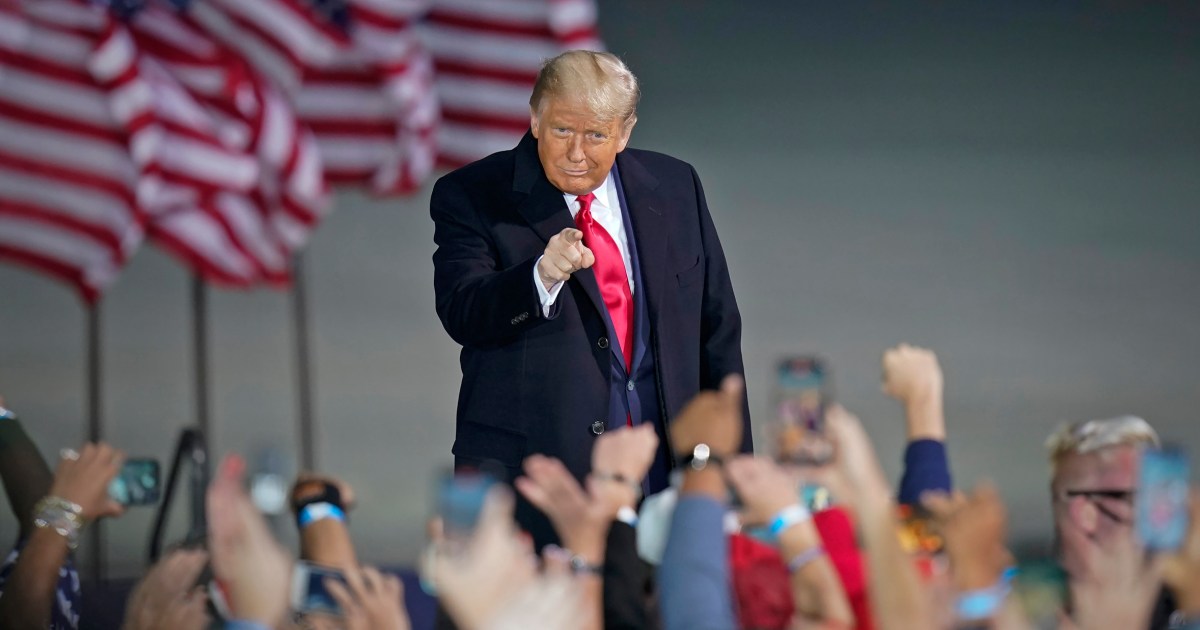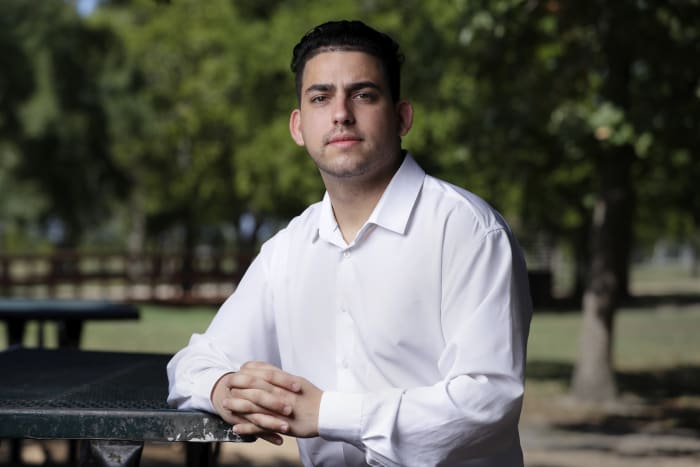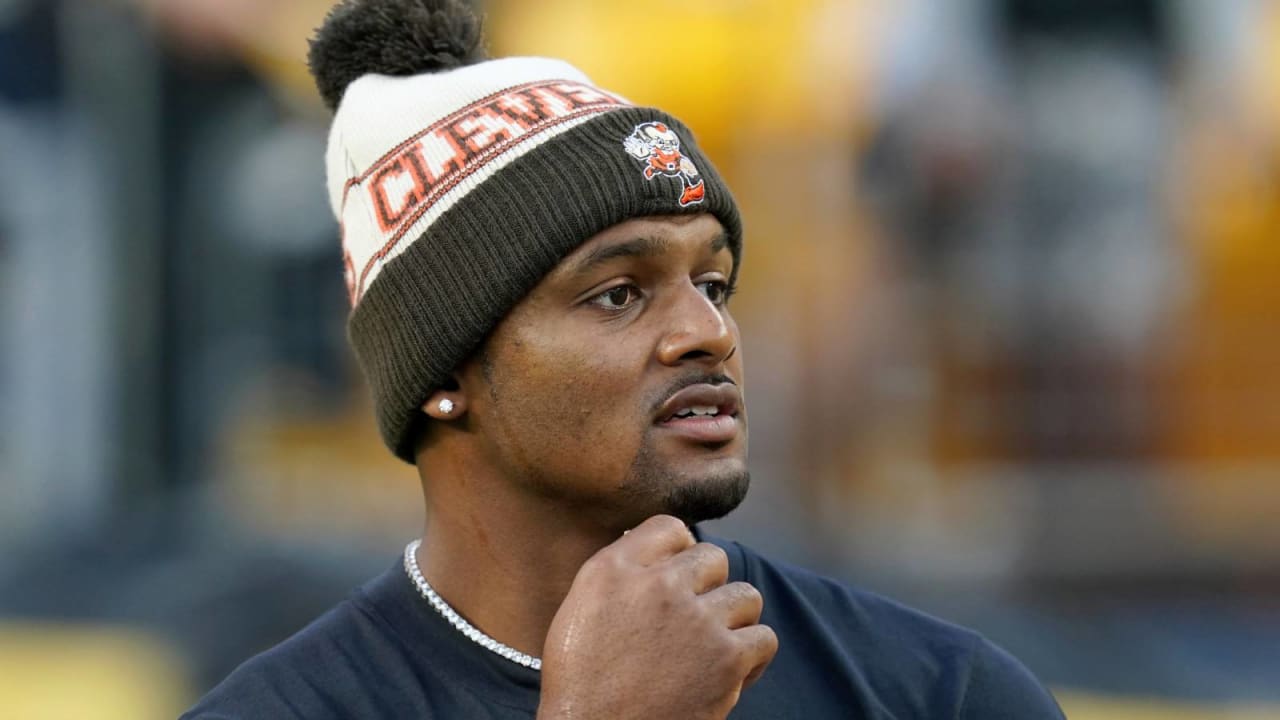
www.nbcnews.com
Does the Justice Department want to charge Trump?
Does the Justice Department want to charge Trump? A person familiar with the matter says there have been conversations at DOJ about the implications of doing so.
Politics
Liz Cheney’s powerful remarks at Thursday night’s Jan. 6 congressional hearing on the insurrection at the U.S. Capitol — which sounded a lot like a lawyer’s opening statement at a criminal trial — have renewed a debate in legal circles about whether the Justice Department could and should prosecute Donald Trump.
With a growing body of evidence that Cheney and others say points to criminal acts involving Trump’s efforts to overturn the 2020 election, Attorney General Merrick Garland may ultimately be faced with an excruciatingly difficult decision about whether prosecuting a former president is in the national interest.
A person familiar with the matter told NBC News there have been conversations inside the Justice Department about the far-reaching implications of pursuing a case against the former president, should it come to that. So far, no public evidence has surfaced that Trump has become a criminal target.
“We will follow the facts wherever they lead,” Garland said in his speech at Harvard University’s commencement ceremony last month. His deputy, Lisa Monaco, has confirmed that prosecutors were looking into the legal implications for those who took part in schemes to push slates of fake Electoral College certifications declaring Trump the winner of states Joe Biden won.
Filing criminal charges against Trump in connection with his efforts to overturn the election “will very likely spark civil unrest, and maybe even civil war,” said Barbara McQuade, an NBC legal analyst and a former U.S. attorney.
“I think not charging is even worse, because not charging means you failed to hold someone criminally accountable who tried to subvert our democracy.”
Either way, “It’s a momentous and unprecedented decision — not as easy as some folks might imagine it to be,” said Chuck Rosenberg, an NBC News legal analyst who is a former federal prosecutor and former head of the Drug Enforcement Administration.
The contours of a possible criminal case against Trump have been clear to legal experts for some time. A federal judge said in a ruling in a civil case in March that Trump “more likely than not” committed federal crimes in seeking to obstruct the congressional vote count on Jan. 6, 2021, citing two statutes: obstruction of an official proceeding, and conspiracy to defraud the United States.
At the time, a Trump spokesperson called the judge's assertions “absurd and baseless.” Trump has consistently denied all wrongdoing.
In her opening comments, Cheney sought to lay out all the elements of what she had previously said amounted to a criminal plot.
“Over multiple months, Donald Trump oversaw and coordinated a sophisticated seven-part plan to overturn the presidential election and prevent the transfer of presidential power,” she said.
As Cheney described it, Trump’s alleged misconduct went far beyond allegations that he had incited the crowd that stormed the Capitol on Jan. 6. She said he committed a fraud on the American public by advancing bogus election claims, and then tried to get government officials to act on those false assertions. At key moments, they refused to do so.
Trump “corruptly planned to replace the attorney general of the United States so the U.S. Justice Department would spread his false stolen election claims,” Cheney said, and “corruptly pressured state legislators and election officials to change election results.”
Trump’s campaign to get Vice President Mike Pence to reject state electors and delay the vote certification on Jan. 6 “was illegal and it was unconstitutional,” she said.
As she summed up Trump’s conduct, she said the public should keep in mind that “the Department of Justice is currently working with cooperating witnesses, and has disclosed to date only some of the information it has identified from encrypted communications and other sources.”
That information had been disclosed in various indictments, but by mentioning it in the context of Trump, Cheney seemed to hint that it was relevant to the question of his culpability.
Many legal experts said it would not be necessary to link Trump to the mobs who stormed the Capitol in order to charge him. They sad there was ample evidence that he participated in a corrupt scheme to overturn the election.
“I can imagine an indictment that includes all seven schemes,” McQuade said. “But if the DOJ can prove any one of them, that would be enough.”
In other words, said Rosenberg, “Did he conspire with at least one other person to obstruct Congress and to thwart the counting of the electoral votes?”
“There are a lot of actions that are being laid out that could qualify as conspiracy to obstruct the certification of the election,” said Randall Eliason, a former federal prosecutor and currently a lecturer at George Washington University Law School. “This was a multifaceted conspiracy that actually went on for a couple of months.”
In the end, Eliason said, the riot at the Capitol “ended up being sort of a useful tool in that conspiracy. Whether or not that was even part of the initial plan, it certainly became something that furthered the conspiracy.”
As in most white collar crime cases, experts said the biggest challenge for prosecutors would be proving that Trump had criminal intent — that he knew he had lost the election but pursued his fraud claims anyway.
























































